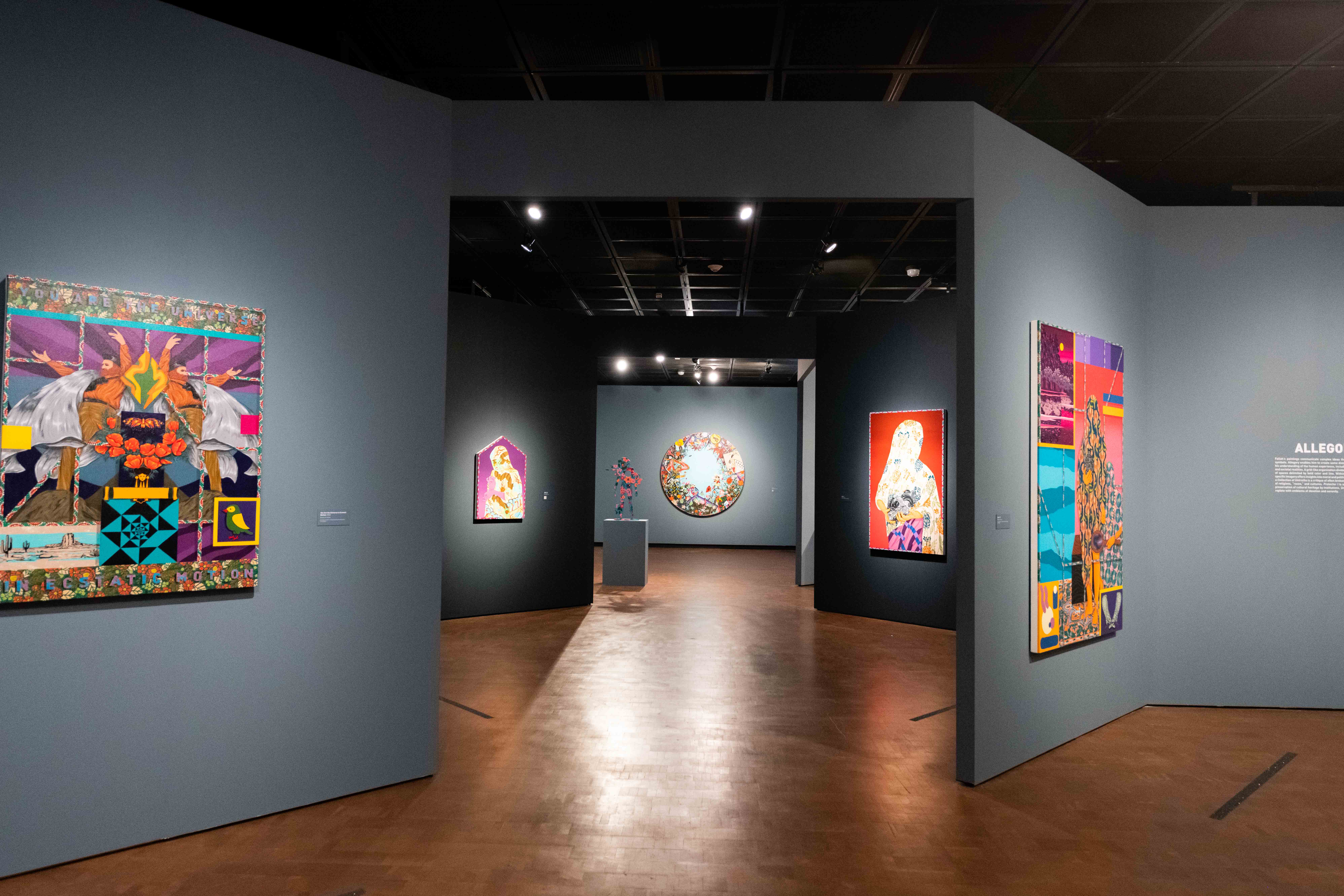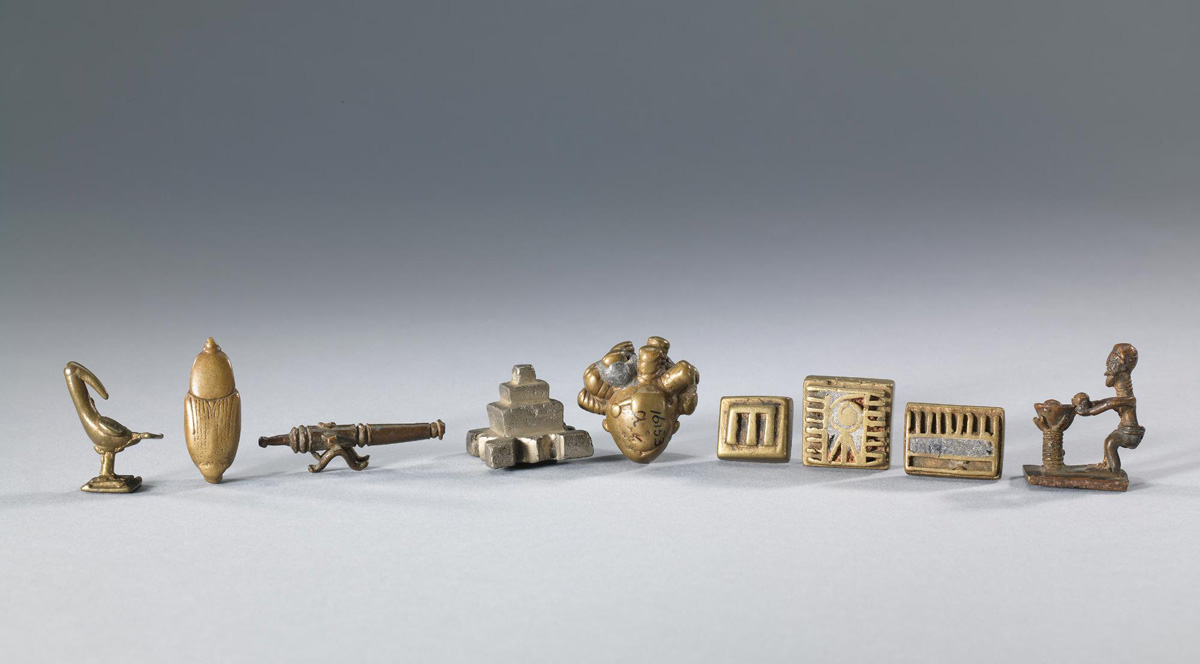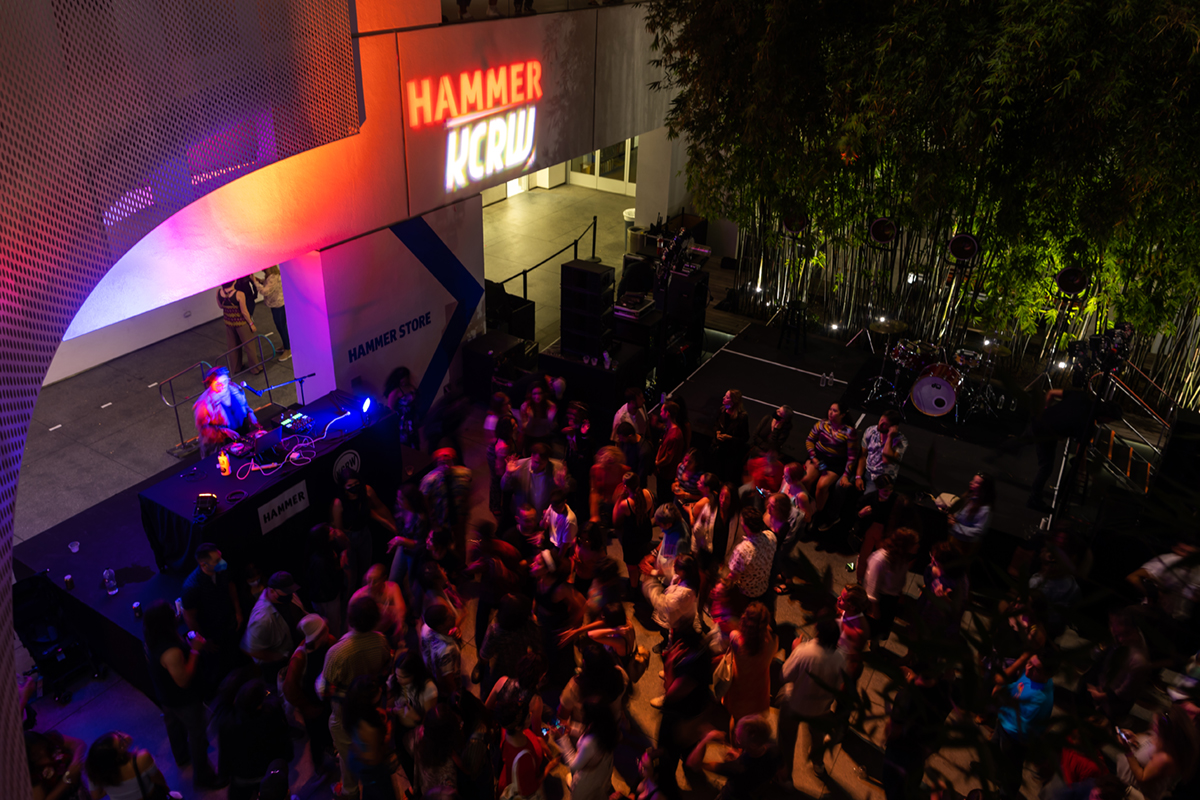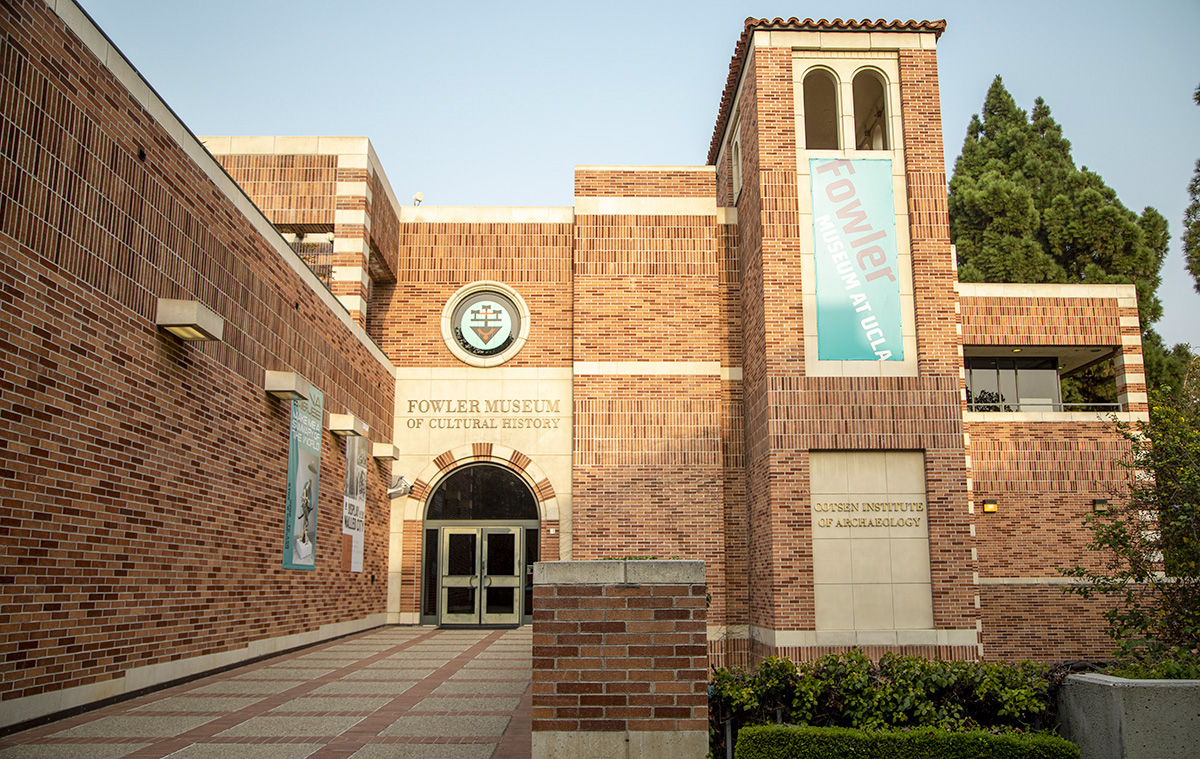Following repatriation efforts, Fowler Museum returns cultural relics to Ghana
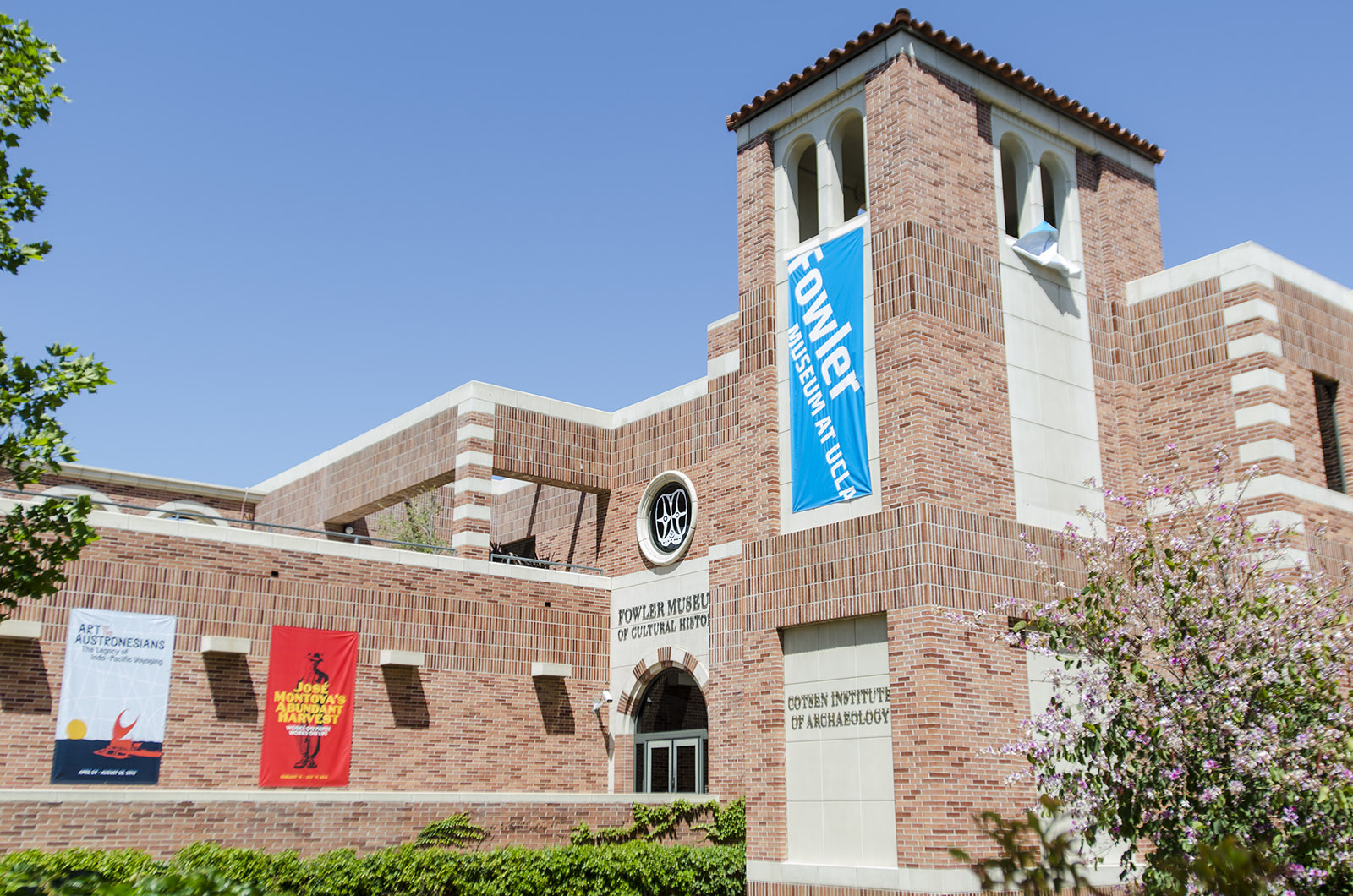
Pictured is the Fowler Museum. The museum’s staff returned art to Ghana last month as part of repatriation efforts for stolen artifacts. (Daily Bruin file photo)
By Christopher Buchanan
March 3, 2024 6:41 p.m.
This post was updated March 3 at 10:27 p.m.
Members of the Asante Kingdom welcomed representatives of the Fowler Museum to Ghana to return several cultural items that were unethically collected over a century before.
One hundred fifty years after the British colonial army ransacked the Asante Kingdom, staff members representing the Fowler Museum traveled to Ghana to attend a Feb. 5 ceremony and return seven cultural belongings to the Asante Palace Museum. Among these items were a gorget necklace, two bracelets and an elephant tail fly whisk – a gold-adorned elephant tail that functioned as an art piece – said Erica Jones, a senior curator of African Arts at the Fowler Museum.
Jones said UCLA received around 30,000 items in 1965 from the Wellcome Trust in London, a science-based charity organization, after the Fowler Museum was established, which bolstered the new museum’s collection of cultural objects. However, Jones added that after the Fowler received a research grant in 2018, the museum began to look further into the documentation associated with these items.
“These pieces that had been filed away for so long that we hadn’t really revisited it,” Jones said. “That’s when we noticed in the documentation that it said that these were looted. It had the date when these were looted (and) the names of the people who were doing the looting.”
The United Nations Educational, Scientific and Cultural Organization held a convention in 1972 concerning the protection of world cultural and natural heritage. Two years prior, UNESCO had ruled that cultural items not extracted through archaeological studies, official sales or property transfer qualified as stolen items, forcing museums to more closely examine their collections, said Silvia Forni, director of the Fowler.
Although most of the returns UCLA has conducted are legally required under the 1990 Native American Graves Protection and Repatriation Act, these items were voluntarily returned to Ghana because of UCLA’s adherence to NAGPRA and other ethical return programs, Jones said.
“We’ve been collaborating with the vice chancellor’s office for those returns,” Jones said. “The vice chancellor is really quite sympathetic to these forms of ethical returns that really follow through the intent of NAGPRA, so he was supportive.”
The Fowler team traveled to Kumasi, Ghana, to meet with the Asante King Otumfuo Osei Tutu II during a commemorative funeral – called a Black Durbar – that mourned the lives and art lost in the 1874 ransack of Kumasi by the British Empire, Jones said.
“It was a very emotional reaction to seeing these things that had not been home for 150 years returned exactly after 150 years during the commemoration of the looting of Kumasi,” she said. “In a way, it’s only seven objects. A lot more were stolen, but it was symbolically meaningful and very well received by the king.”
The museum has a specific set of regulations it follows for all returns, but every continent and country has unique standards that Fowler has to adhere to, said Rachel Raynor, a director of registration and collections management at Fowler, in an emailed statement.
Forni said the Asante Kingdom received Fowler representatives with open arms, allowing them to participate in ceremonies and celebrations during the official return.
Raynor said the museum is looking forward to conducting more ethical and voluntary returns in the near future.
Jones said she has seen a gradual increase in the attention given toward repatriation efforts, adding that additional resources are needed for institutional returns.
“There is an overwhelming desire to see repatriation be an important part of what museums do as institutions that are ethical stewards of their collections,” Jones said. “It is just (about) creating the systems and finding the money that will allow the employees to do the work.”



